Classic Toki – 5cm
This is a classic style toki, simple and clean.
This is a classic style toki, simple and clean.
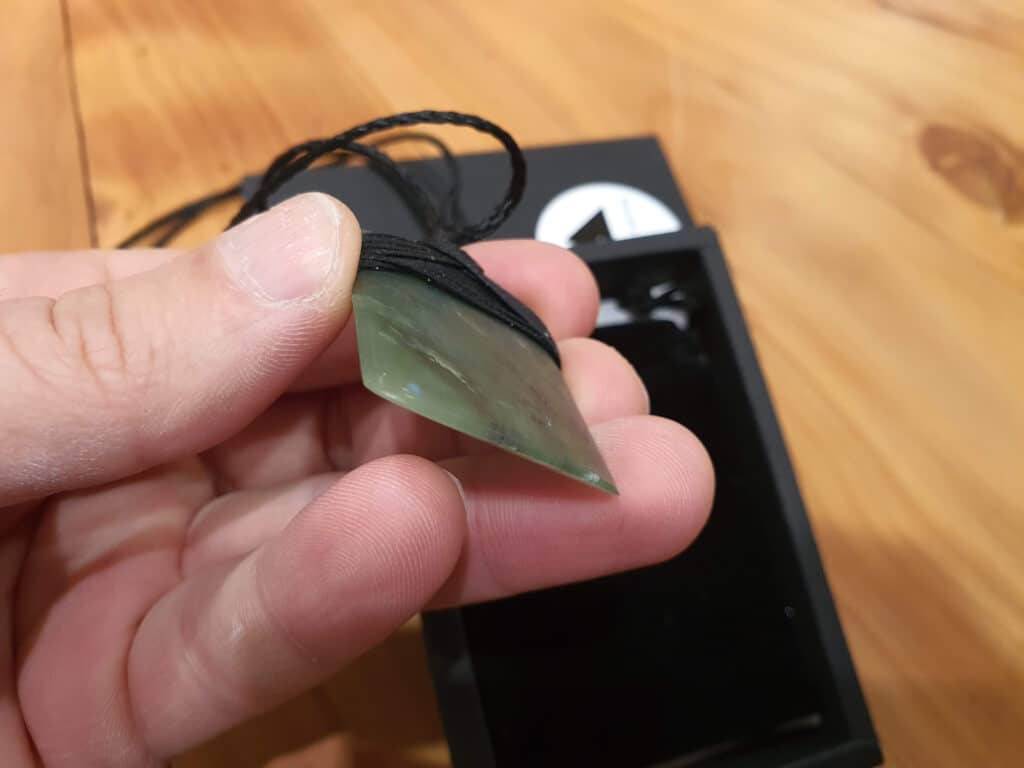
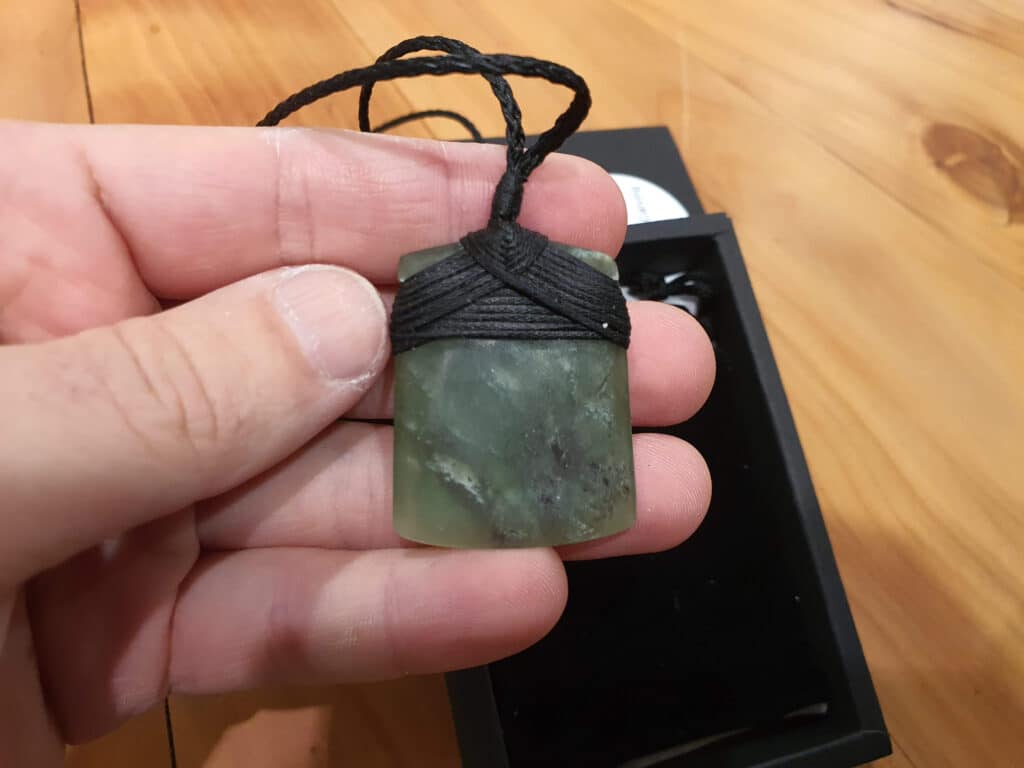
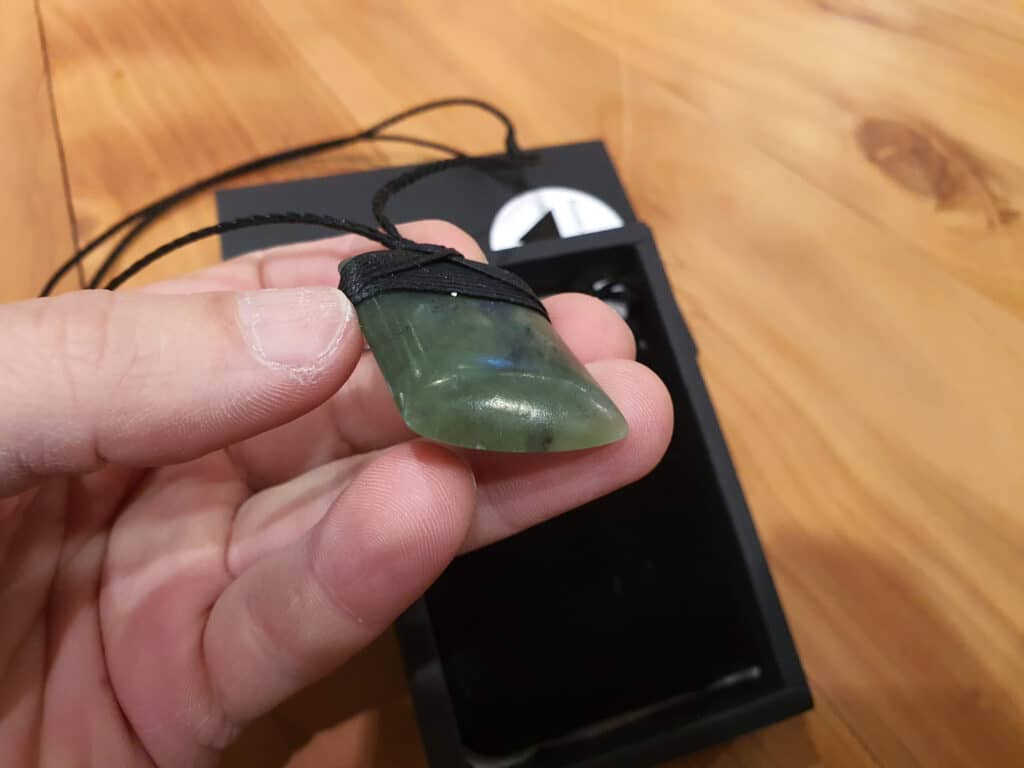
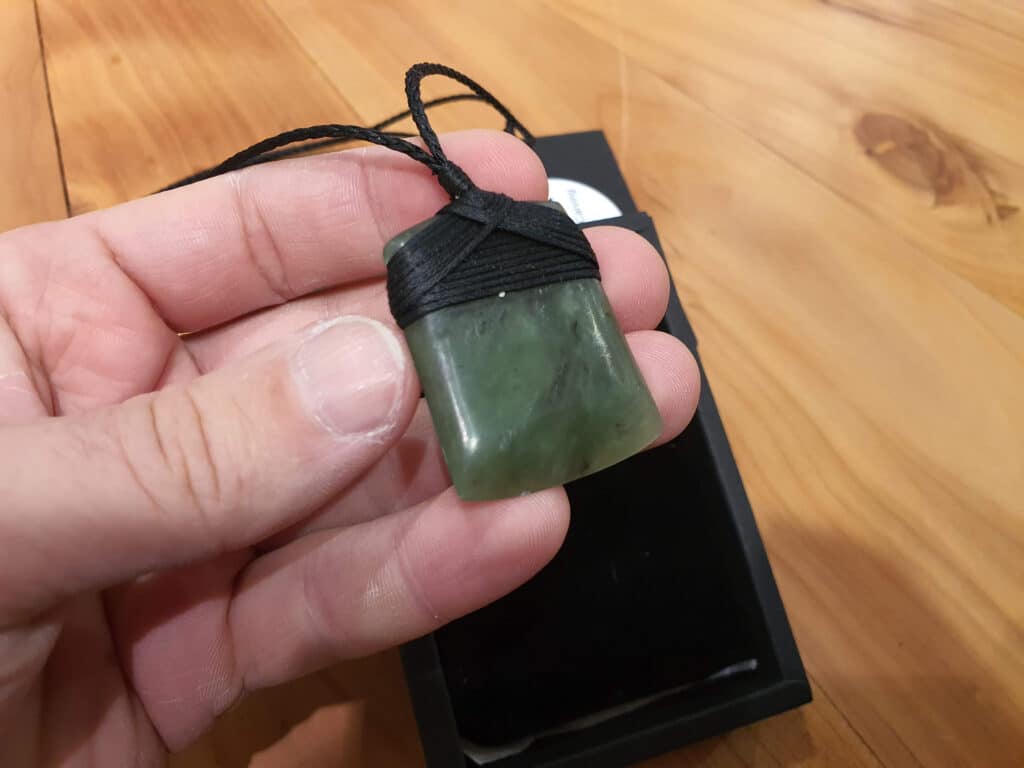
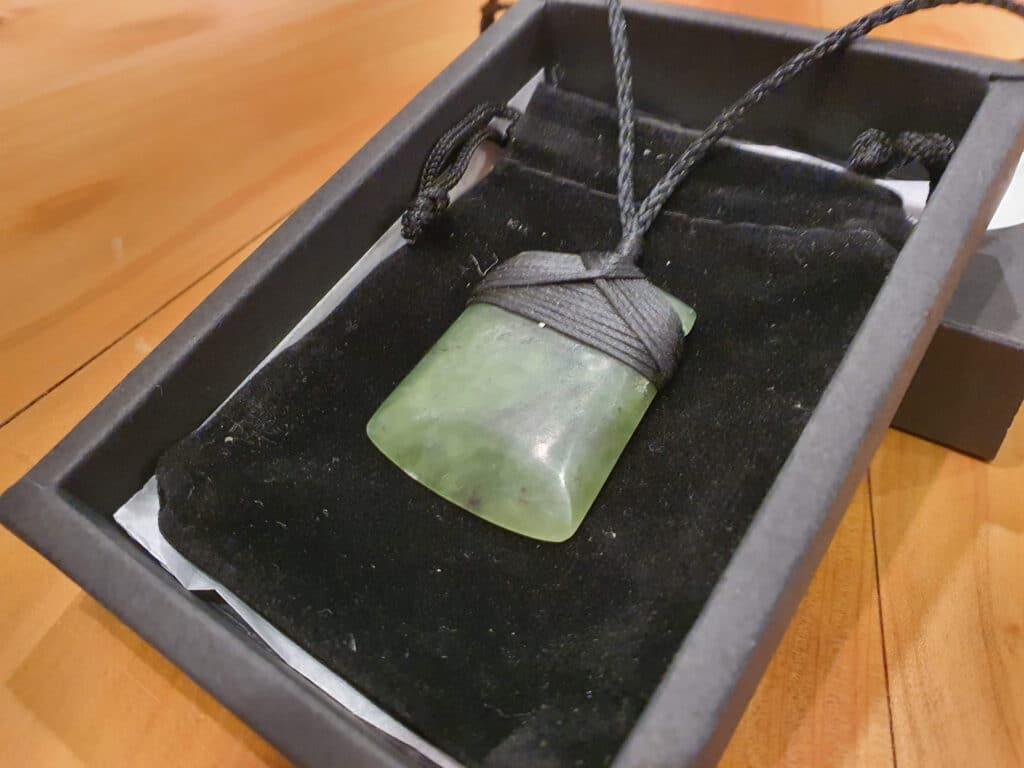

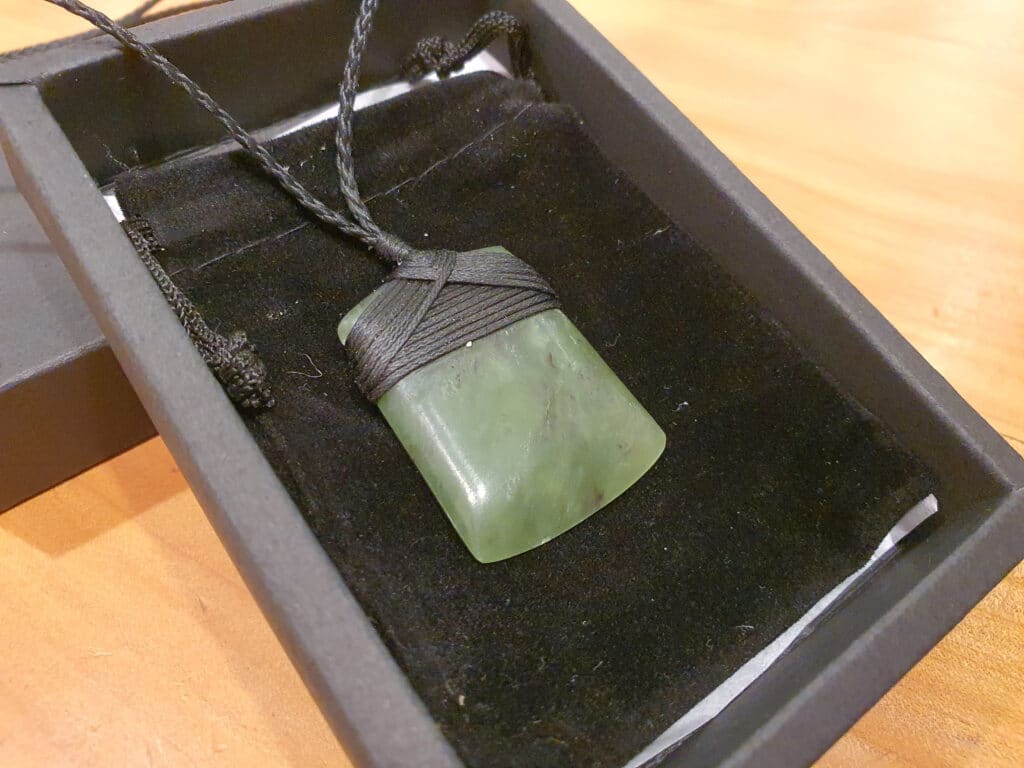
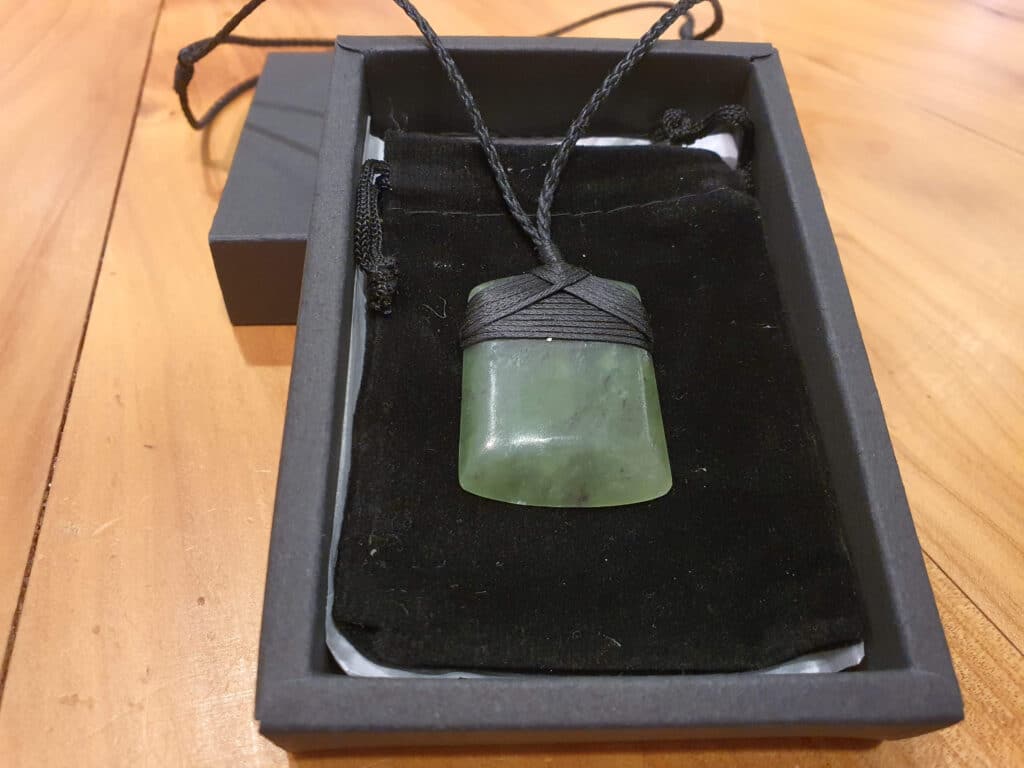
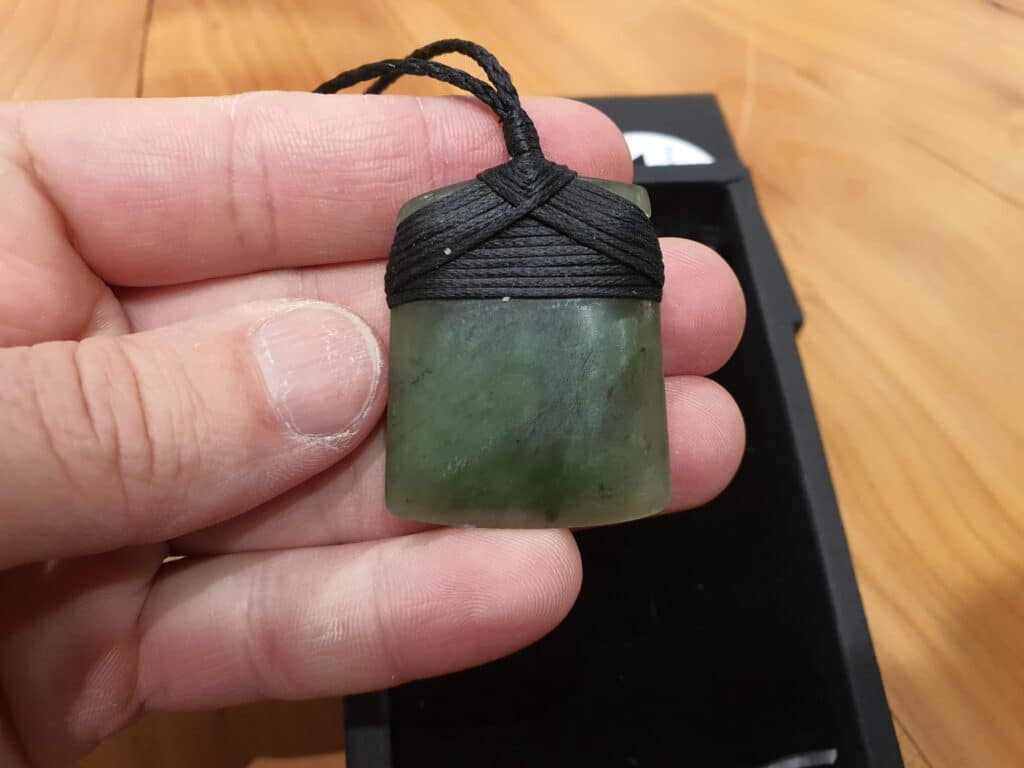
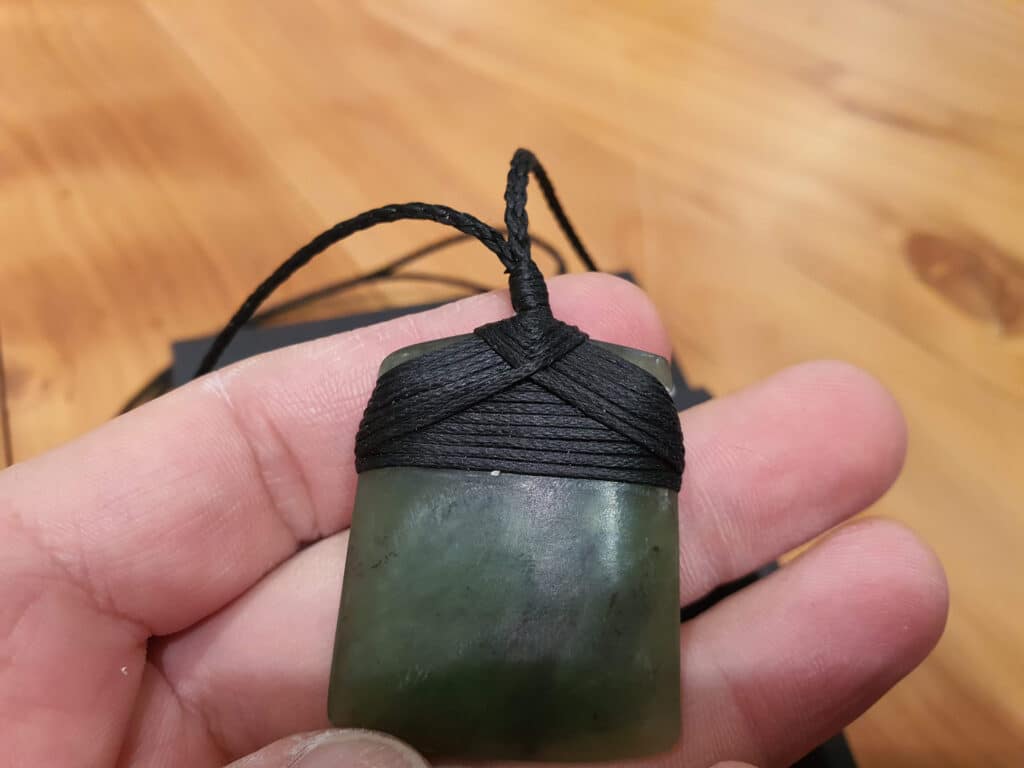
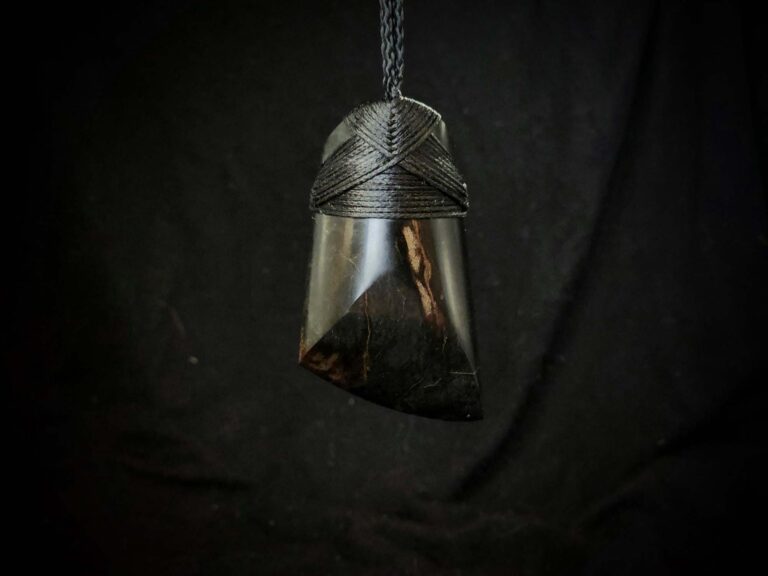
Basalt, a dense volcanic rock, has played a vital role in human history, its strength and durability shaping tools and structures across civilizations. In Aotearoa (New Zealand), basalt was a prized material for Māori artisans, particularly for crafting toki (adzes). Recently, I had the honor of carving a toki from a piece of basalt sourced…
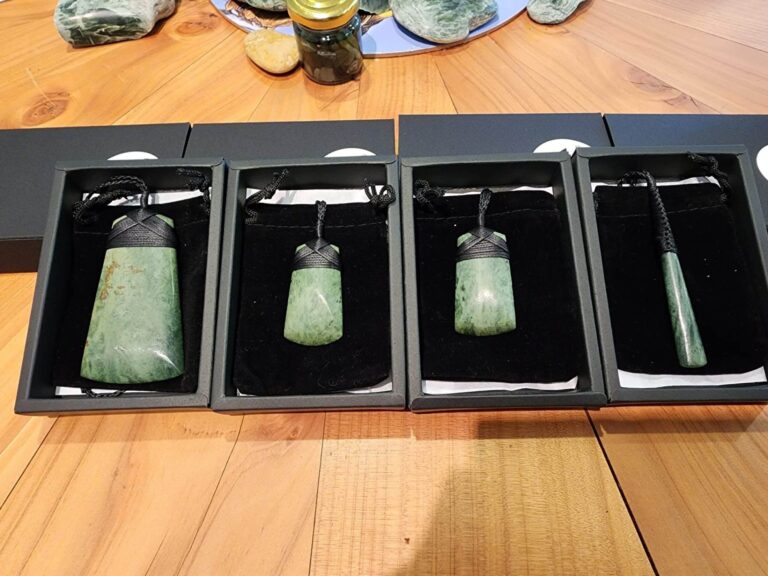
Pounamu, also known as New Zealand greenstone, holds immense cultural significance for the Maori people. It’s a vessel of stories, emotions, and traditions that span generations. The “Whānau Kotahi” set, which translates to “Unified Family”, is a beautiful embodiment of this sentiment. This particular set of four pendants, carved for a family of four –…
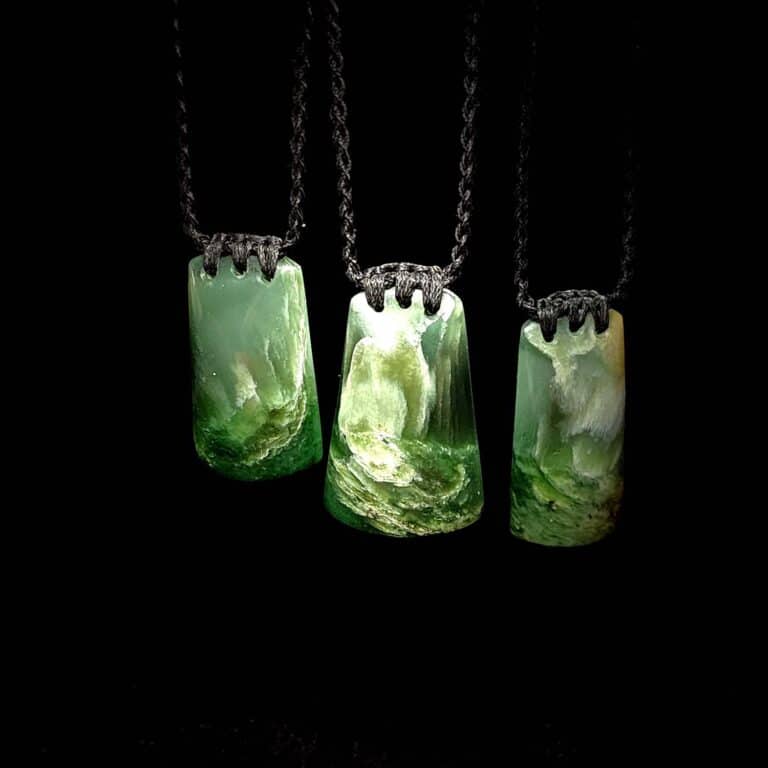
This commissioned set is named Hono — a word that speaks to the act of joining, connecting, and bringing together. It was created for a group of lifelong friends who recently turned 60. One of the women, now living in Aotearoa, wanted to honour her enduring connection with the other two, who remain in the…
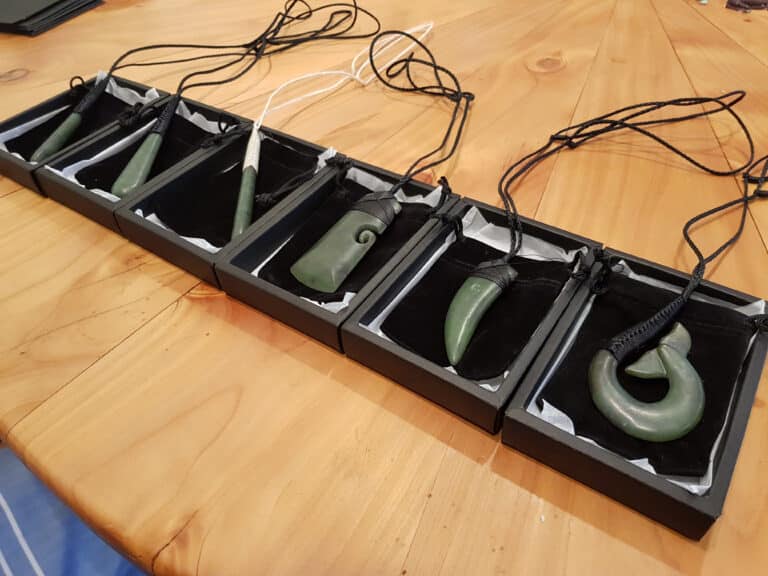
A big and beautiful set for a big and beautiful kaupapa. A set of pounamu all cut from the same raw source is a significant way to represent and deepen a connection with people. This pounamu was created deep under the earth under tremendous heat and pressure. Since it cooled these pieces have laid side…
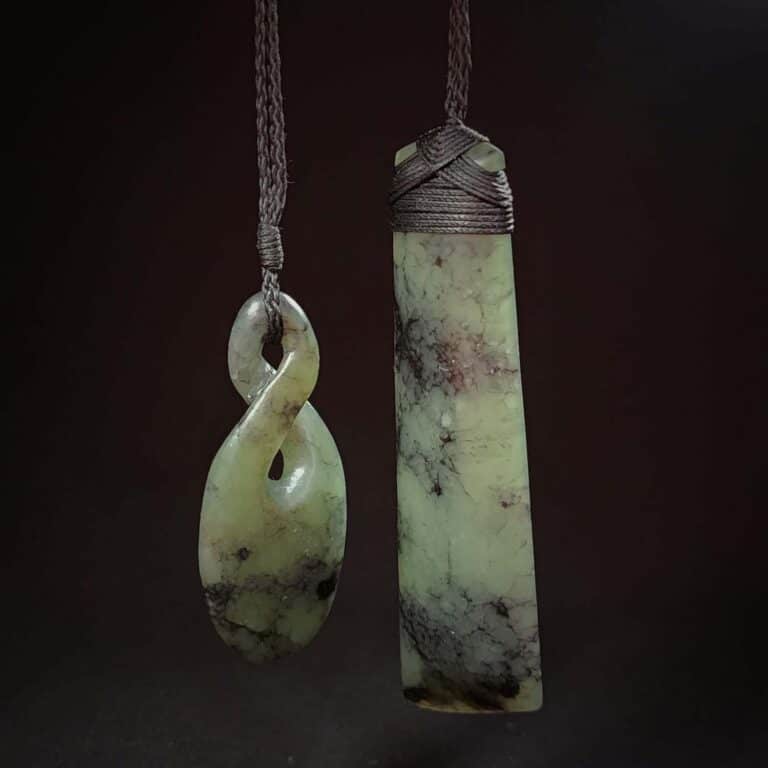
I is a special commission where I had the honour of working with a block of Pounamu passed down through a family for generations. The client felt it was time to transform this cherished stone into something their whānau could wear and treasure. From this pale green Inanga Pounamu, with its stunning black mineral inclusions,…
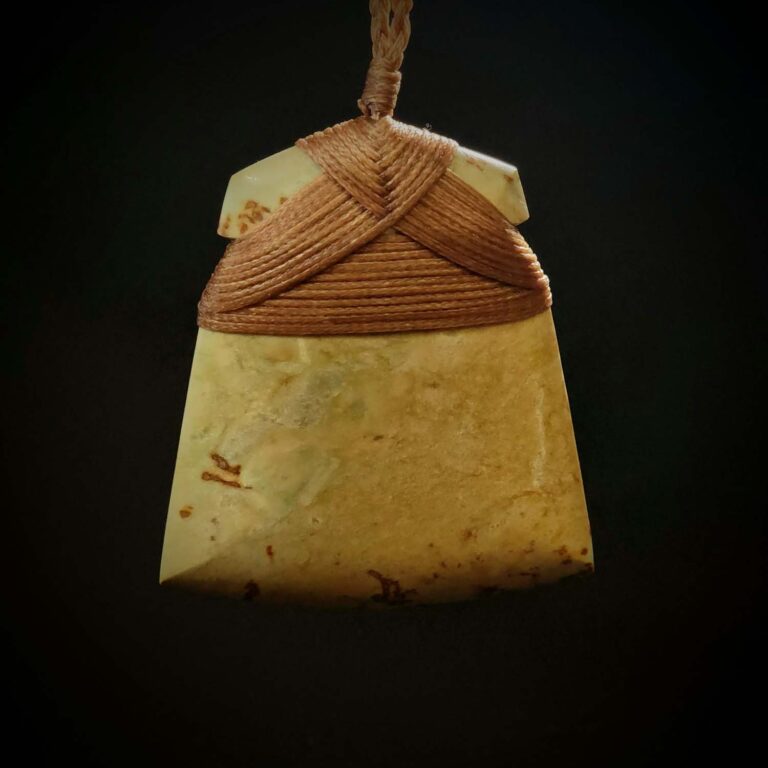
This is a gorgeous 6cm example of some unique colours of the pounamu we find in Aotearoa. Raukaraka pounamu has greens mixed with oranges and yellows, to give it a very distinctive look. The Hei Toki is a traditional Maori symbol that represents strength, courage, and determination. The toki, or adze, was traditionally used by…